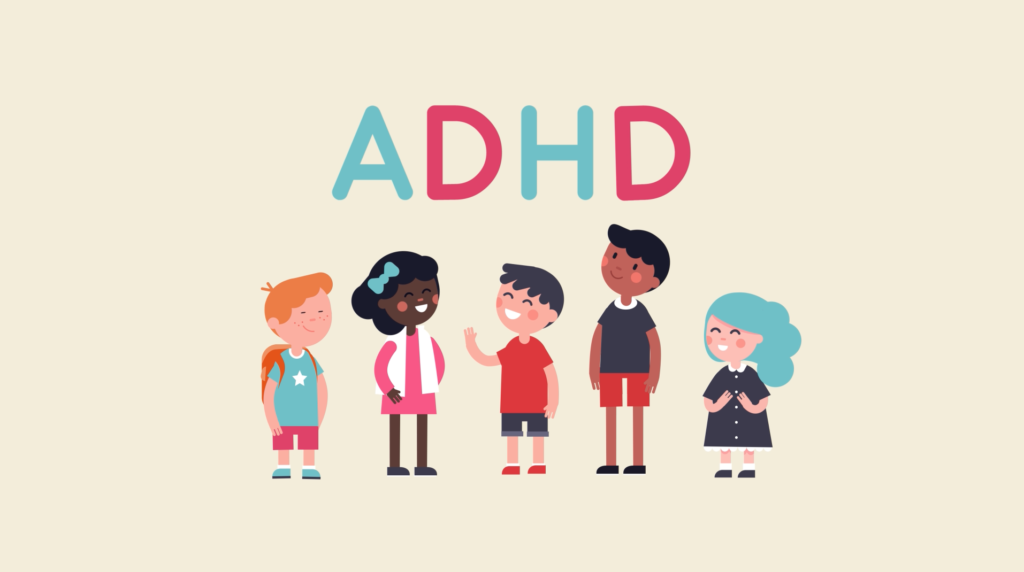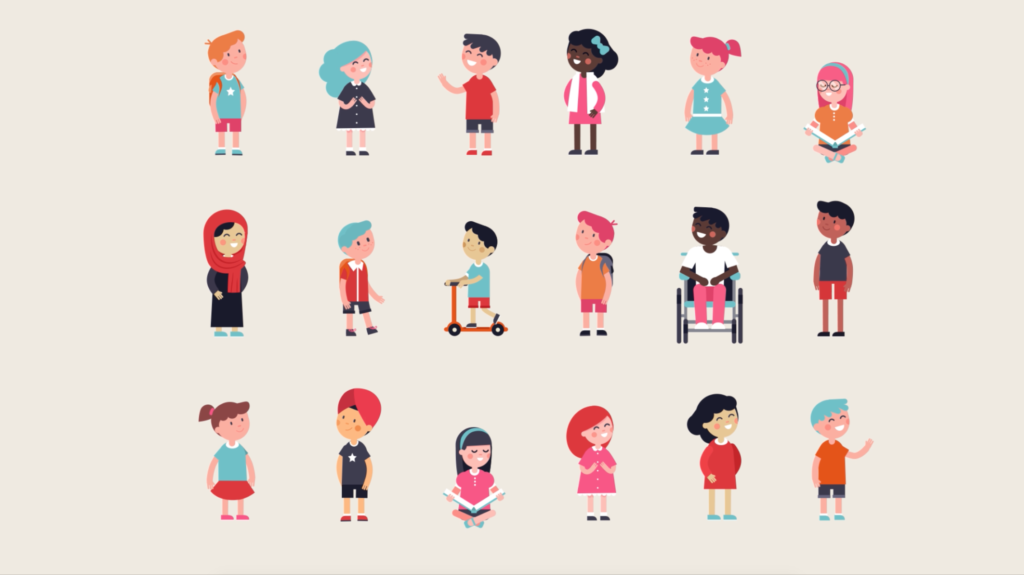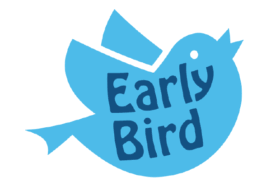Background
As many already know, Attention Deficit Hyperactivity Disorder (ADHD) is often misunderstood by the general public and associated with much stigma. From speaking to parents, carers and children, we know that being diagnosed with ADHD can be a challenging time. It is widely acknowledged that parents and children coming into services for assessment may not have a full understanding of what ADHD is, whilst the National Institute Health and Care Excellence (NICE, 2019) guidelines for ADHD have emphasised the importance of providing information and support following a diagnosis’.
Much of the available information on ADHD however is aimed at parents and carers rather than children. Having clear and accurate information in a suitable format for children is important to help with understanding and managing their condition.

Main content
We were first approached by local ADHD parent support groups looking for resources to explain ADHD to children. What started as a general discussion led to a full collaboration to develop an animation educational resource for children. We brought together a team of researchers (from the Child and Adolescent Psychiatry Section and National Centre for Mental Health (NCMH) at Cardiff University), healthcare professionals and children and families/carers with lived experience of ADHD to develop an animation video on ADHD for children.
To ensure that the resources produced are relevant, acceptable and meets user needs and preferences, the importance of engaging potential users and stakeholders in their development and production is increasingly recognised (Bevan Jones et al, 2020). In line with this, the animation was co-produced through a series of focus groups with a team of children and their families/carers. The groups were conducted separately for families/carers and children, using creative ways to ensure everyone had a voice and opportunity to contribute. For the children, short interactive sessions were coupled with fun workshops to maintain interest and reward their efforts.
Views from health care professional (child and adolescents mental health services and community paediatric services) were obtained via meetings and online questionnaires. Health care professionals thought that having a video ‘could be very useful to help raise awareness and reduce stigma or misunderstanding’. They also stressed there should be a balance between ‘discussing ADHD in a positive light but also recognising some of the struggles will be important to help young people not feel so alone’.
Using thematic analysis, the key themes identified from the focus groups and questionnaires were information about ADHD, self-management tips, positive aspects of ADHD and challenges of having ADHD. These themes were used to form the main content of the animation script and storyboard. Visual and other ideas generated in the groups also informed the design. We worked closely with a digital animation company to create the storyboard and animation. Children, families/carers and professionals were involved at different stages of the development process.
Outcome and going forwards
After 18 months, this project resulted in the creation of an animation video called ‘Let’s talk about ADHD’ which is an evidence-based resource for children newly diagnosed with ADHD and their families. We have had an overwhelmingly positive response to the animation so far, with excellent feedback from social media and evaluations conducted during the launch of the animation (see examples of quotes below) and a large number of viewings online and on social media where it has been viewed more than 5,600 times since November 2019.
“A great animation – explained in a very clear child (and adult) friendly way. Loved the part about positive aspects”
“I loved it. The diversity of characters and the balance of information in particular”
Parents and carers who were involved reported that being part of the animation development was a very positive and empowering experience for themselves and their children.
“I think it’s awesome, feel very proud to have been part of it “
‘I am so proud to have been a part of this. I am even more proud of my daughter and the other children involved’
Health care professionals have described the video as having
‘Just the right amount of information’ and ‘Visually appealing, sensitively worded’ and some have simply said ‘It’s great work!’
We would like to say a big thank you to the children with ADHD, their families/carers, and health professionals in the field who shared their experiences and research to help us co-produce the animation. Our thanks go to the Wellcome for funding our project and making the animation possible, and to the digital media company (Spindogs) for their work.
For us, this project has been a unique and rewarding experience. In addition to producing the animation, this project has resulted in stronger relationships between researchers, health care professionals and local families and ADHD charities and we have established a much-needed framework for future co-production. We plan to build on this framework to develop a more comprehensive support package for individuals diagnosed with ADHD and their families and carers.

Conclusions
We hope that this animation video will be a valuable resource for families via support groups, schools and clinical services. Please use or share the link so we can help promote the understanding of ADHD widely. The animation is available on the NCMH website and it is available in both English and Welsh. We’d love to hear what you think about the animation. If you’d like to share your thoughts, we’ve got a survey of five short questions for you to complete.
References
National Institute for Health and Care Excellence. Attention deficit hyperactivity disorder: diagnosis and management [Internet].[London]: NICE, [Published date: 14 March 2018, Updated: 13 September 2019] (NICE Guideline NG87) Available from: https://www.nice.org.uk/guidance/NG87
Bevan Jones, Rhys, Stallard, Paul, Shameem Agha, Sharifah, Rice, Simon, Werner-Seidler, Aliza, Stasiak, Karolina, Kahn, Jason, Simpson, Sharon, Alvarez-Jimenez, Mario, Rice, Frances, Evans, Rhiannon and Merry, Sally (2020). Practitioner review: Co-design of digital mental health technologies with children and young people. Journal of Child Psychology and Psychiatry, in press.



Discussion
what can I do to approach the subject 0f ADHD with with my grand daughter and other members of the family who don’t think there is a problem with the very difficult little boy?
We have a number of resources on our website, perhaps start with the ADHD Topic Guide. Also the ADHD Foundation has some excellent accessible resources.